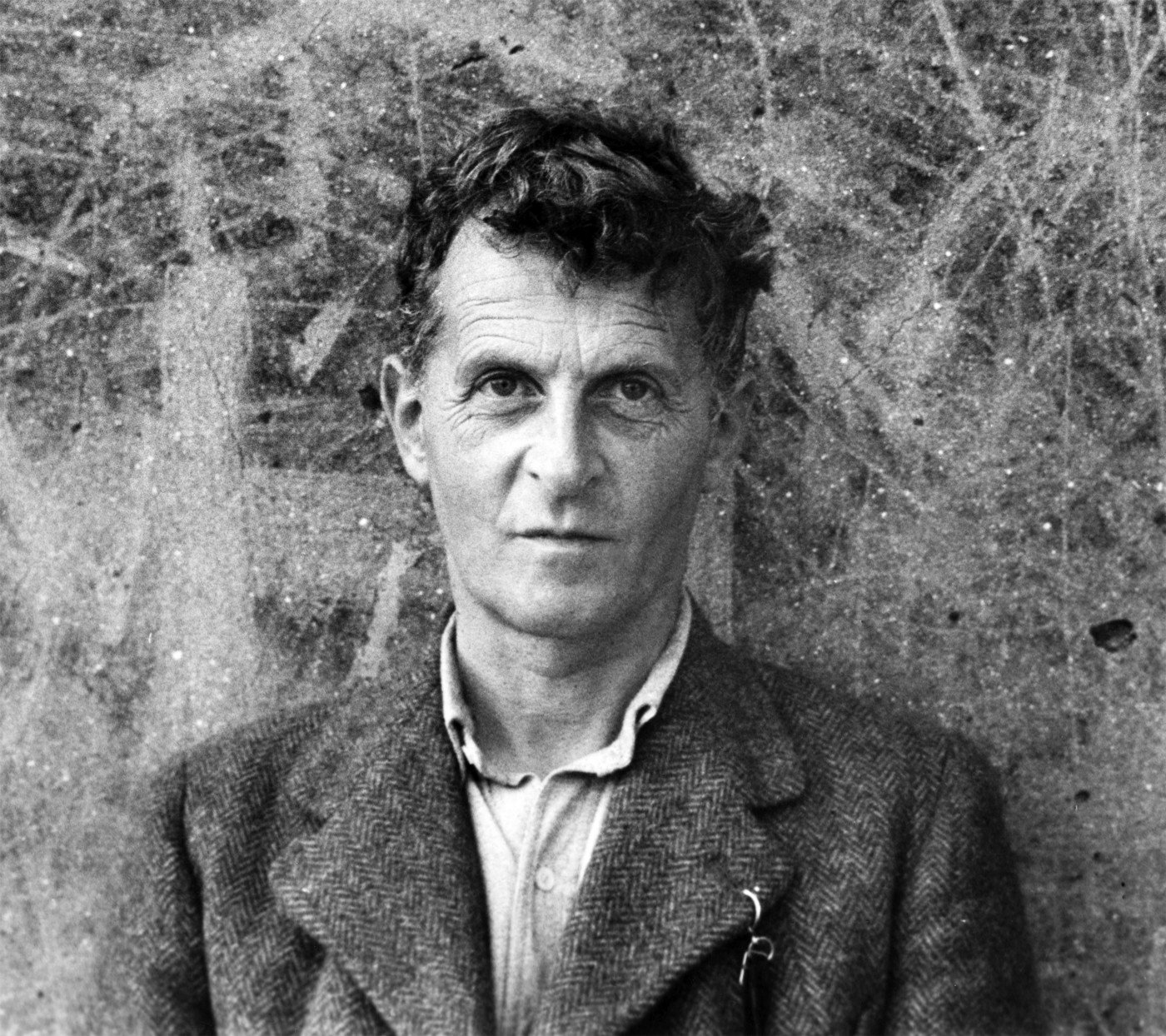Episode #120 - Logical Positivism
Episode #120 - Logical Positivism
The episode traces the rise and fall of logical positivism, a 20th-century philosophical movement that sought to ground meaningful statements in either logical reasoning or empirical observation. Reacting against centuries of unverifiable metaphysical speculation, logical positivists emphasized the "verification principle"—the idea that if a claim cannot be verified through logic or sensory experience, it is meaningless. Heavily influenced by early Wittgenstein and developments in science, they positioned philosophy as a tool for clarifying scientific language rather than exploring ethics, aesthetics, or metaphysics. However, internal critiques—especially from thinkers like Karl Popper and W.V.O. Quine—revealed inconsistencies in their core assumptions, such as the analytic/synthetic divide and the viability of pure sense-data. Thomas Kuhn’s The Structure of Scientific Revolutions further challenged their worldview, showing that scientific progress is shaped by sociocultural forces and paradigm shifts, not by objective, linear reasoning. These critiques ultimately undermined the foundations of logical positivism and paved the way for later philosophical movements, including postmodernism.
Further Reading:
Language, Truth and Logic – A.J. Ayer (1936)
Sense and Sensibilia – J.L. Austin (1962)
Theory and Reality: An Introduction to the Philosophy of Science – Peter Godfrey-Smith (2003)
See the full transcript here.
Thank you to everyone who makes this podcast a possibility in the future.
I could never do this without your support! :)


